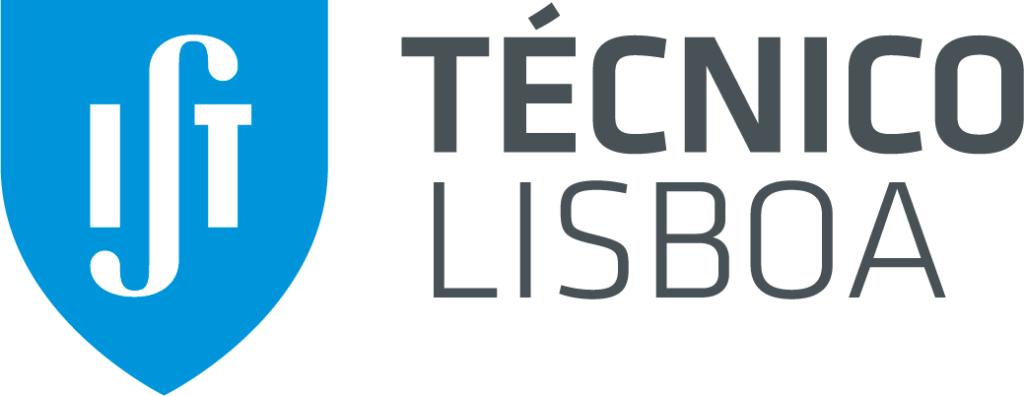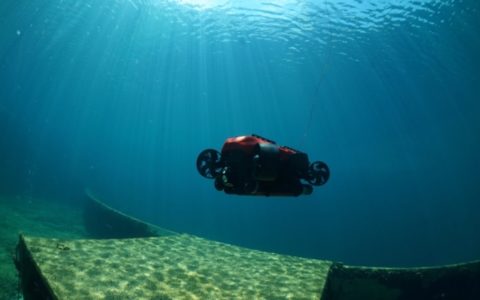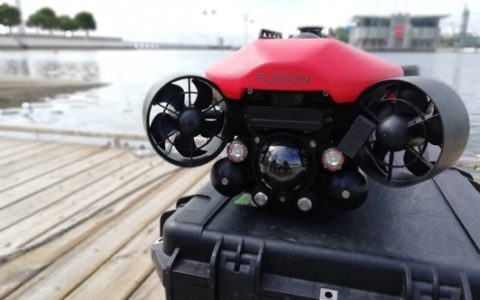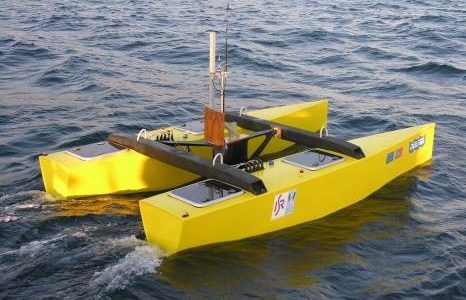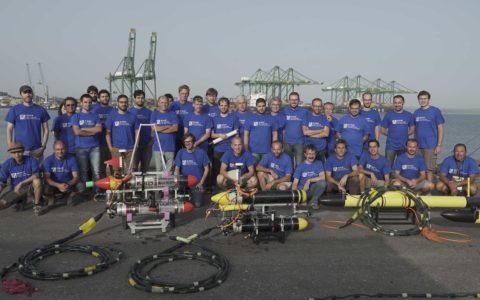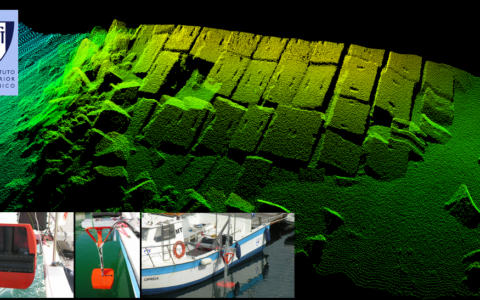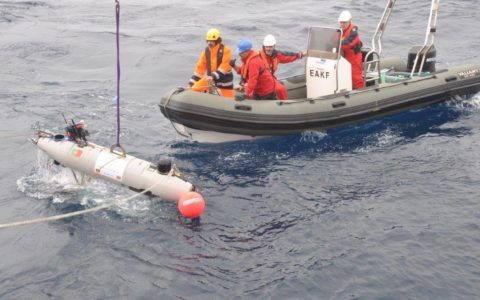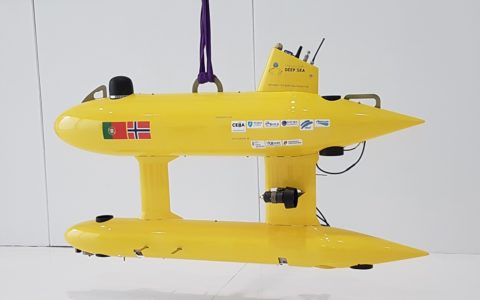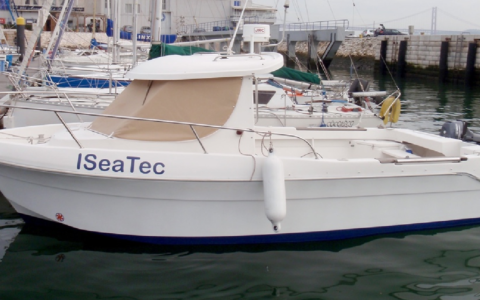
Instituto Superior Técnico - U. Lisboa
The Universidade de Lisboa (ULisboa, abbv. UL) is the largest and most prestigious university in Portugal and one of the leading universities in Europe. UL leads the main international rankings and is amongst the 200 best universities worldwide. UL welcomes more than 7000 foreign students every year – about 14.5 % of the total number of students.
The UL participates in the MIR program through the Instituto Superior Técnico (IST-UL, abbv. IST), a premium engineering, science, and technology school created in 1911 that has been part of the UL since 2013 and integrates competences from all fields of engineering and fundamental sciences.
IST-UL is a member of the CLUSTER Network of leading universities of science and technology in Europe.

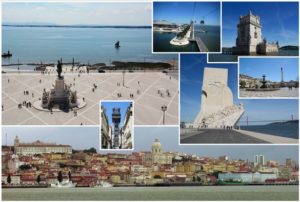
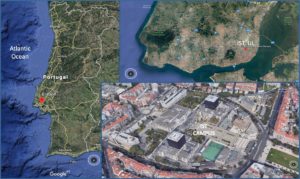
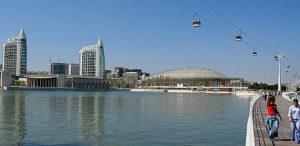
Institute for Systems and Robotics
IST hosts the Institute for Systems and Robotics (ISR/IST), a Center of Excellence that promotes advanced multidisciplinary R&D in the areas of networked autonomous systems (land, marine, and space vehicles), automation and control, signal and image processing, intelligent robots and systems, and communications, with a strong emphasis on experimental field work. Researchers at ISR/IST, integrated in the Dynamical Systems and Ocean Robotics group (DSORg), have made significant contributions in the areas of marine robotic vehicle systems design, development, and operations at sea.
Over the years, ISR/IST staff members have participated in a large number of EU projects and networks of which the following are representative examples:
- EU-H2020-EU.1.4.1.2 / Integrating and opening existing national and regional research infrastructures of European interest/ Proj. ID 731103-EUMarineRobots: Marine Robotics Research Infrastructure Network, 2018-2021,
- EU-H2020-Research and Innovation Program, MarineUAS, GA 642153, 2015-2018,
- EU-H2020-ICT-2014-1/ GA 645141-WIMUST: Widely Scalable Mobile Underwater Sonar Technology, 2015-2018, iv) EU-FP7-PEOPLE-2013-ITN-OceanNet, 2013-2017,
- EU-FP7-ICT-2013-2 GA 611373 – CADDY: Cognitive Autonomous Diving Buddy, 2014-2016,
- EU-FP7-ICT-2011-7 GA 288704-MORPH: Marine Robotic System of Self-Organizing, Logically Linked Physical Nodes, 2012-2016, and
- EU-FP7-ICT-248497-TRIDENT: Marine Robots and Dexterous Manipulation for Enabling Autonomous Underwater Multipurpose Intervention Missions, 2010-2013.
IST-UL, through the ISR/IST laboratory, offers excellent experimental facilities and infrastructures:
- 2 Laboratories,
- 1 Test Tank,
- 2 Electrical/Mechanical Workshops,
- a protected in-water testing facility near the Tagus river with appropriate infrastructures to launch and operate multiple robotic vehicles, and
- access to several Marine Robots.
Researchers at ISR/IST have a well proven track record in the process of going from concept to practice, effectively mastering the different steps involved in the design, construction, and operation of autonomous robots at sea. The latter include 3 MEDUSAD AUVs (autonomous underwater vehicles), the MEDUSA DEEP SEA AUV, the FUSION hybrid ROV/AUV, and 4 autonomous surface vehicles (DELFIM, DELFIMx, and 2 MEDUSAS). IST can therefore offer a sizeable number of autonomous marine robots and enabling systems suitable for the implementation and at sea testing of advanced algorithms for single and cooperative motion planning, navigation, and control.
To operate its fleet of autonomous vehicles, ISR/IST has developed NetMarSys, a Networked Marine Systems Software Tool for Cooperative Mission Programming, Hardware-in-the-Loop Simulation, and Execution.This integrated software tool affords end-users advanced tools for distributed, multiple vehicle mission planning, programming, and execution that are key to a seamless transition from the lab to the real world.
UL’s International Affairs (IA) division of UL aims at promoting its visibility abroad as well as attracting an increasing number of foreign mobility and international students and researchers by establishing and strengthening existing partnerships and networks such as CLUSTER and MAGALHÃES, among others. The division also plays an important role in the participation of UL in international research, training and educational projects, such as Kick InnoEnergy and Erasmus Mundus. The IA division consists of two different, yet complementary offices: the International Office, and the Mobility and International Cooperation Office (MICO) The latter is especially relevant for the MIR program in view of its competencies to: Coordinate mobility programs; Implement and renew agreements; Disseminate mobility programs to students; Support with administrative and internal academic procedures for incoming and outgoing students; Assist foreign students and researchers with visas, contracts, scholarships and social security; Provide Housing services for international students and researchers; Organize Welcome sessions for incoming students at the beginning of each semester; Coordinate foreign visitors (teaching and non-teaching staff) under the different mobility programs, including prospective institutions; Organise and participate in national and international events;
MIR Local Coordinator
Prof. Pedro Batista
E-mail: pbatista@isr.tecnico.ulisboa.pt







